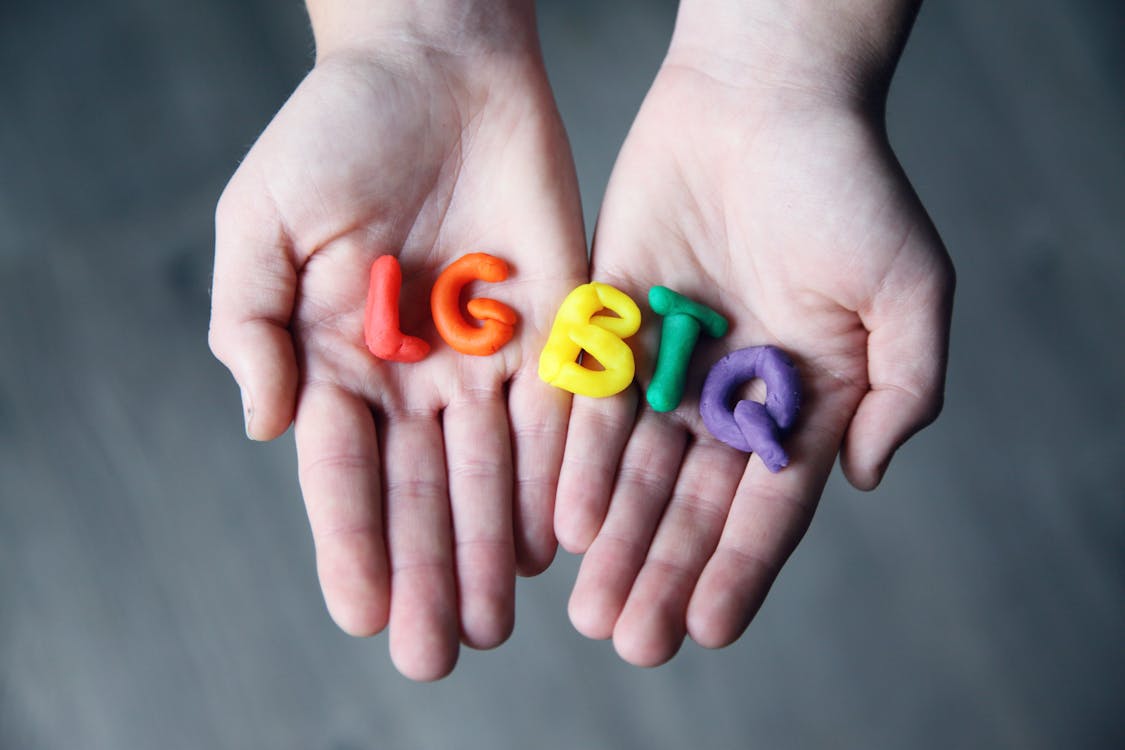Language is not just a means of communication; it is a reflection of cultural identity, heritage, and diversity. Recognizing the significance of languages in preserving cultural heritage and fostering global understanding, the United Nations Educational, Scientific and Cultural Organization (UNESCO) designated February 21 as International Mother Language Day. This day serves as a poignant reminder of the importance of linguistic diversity and the need to protect and celebrate the world’s myriad languages.
International Mother Language Day has its roots in a tragic event that occurred on February 21, 1952, in Bangladesh. Students and activists protested against the imposition of Urdu as the sole official language, leading to a massacre where several protesters were killed. To honor their sacrifice and promote linguistic diversity, UNESCO declared February 21 as International Mother Language Day in 1999.
Languages are not merely a tool for communication but also a repository of cultural knowledge, traditions, and history. Each language encapsulates unique expressions, idioms, and ways of thinking that contribute to the rich tapestry of human culture. International Mother Language Day emphasizes the importance of safeguarding these linguistic treasures, as the loss of a language equates to the erosion of cultural heritage.
One of the primary objectives of International Mother Language Day is to promote multilingualism as a means to foster inclusivity and understanding. Multilingualism enhances communication, breaks down barriers, and promotes tolerance. Celebrating and preserving linguistic diversity is crucial for creating a global society that respects and appreciates the richness of different cultures.
Access to education in one’s mother tongue is vital for effective learning and cognitive development. International Mother Language Day underscores the importance of providing education in the mother tongue to enhance comprehension and promote a deeper understanding of subjects. Empowering individuals through education in their native languages contributes to the overall development of societies and helps bridge gaps in educational access.
Many languages around the world are endangered or face extinction due to various factors such as globalization, migration, and cultural assimilation. International Mother Language Day draws attention to the need for concerted efforts to revitalize and preserve endangered languages. Language revitalization programs, community engagement, and the integration of indigenous languages into formal education are crucial steps toward ensuring the survival of these linguistic gems.
International Mother Language Day serves as a global platform to celebrate linguistic diversity, promote multilingualism, and raise awareness about the importance of preserving endangered languages. As we commemorate this day, let us recognize the role of languages in shaping our identities, fostering cross-cultural understanding, and building a world that embraces the richness of its linguistic tapestry. By safeguarding our mother languages, we contribute to a more inclusive, tolerant, and culturally vibrant global community.











